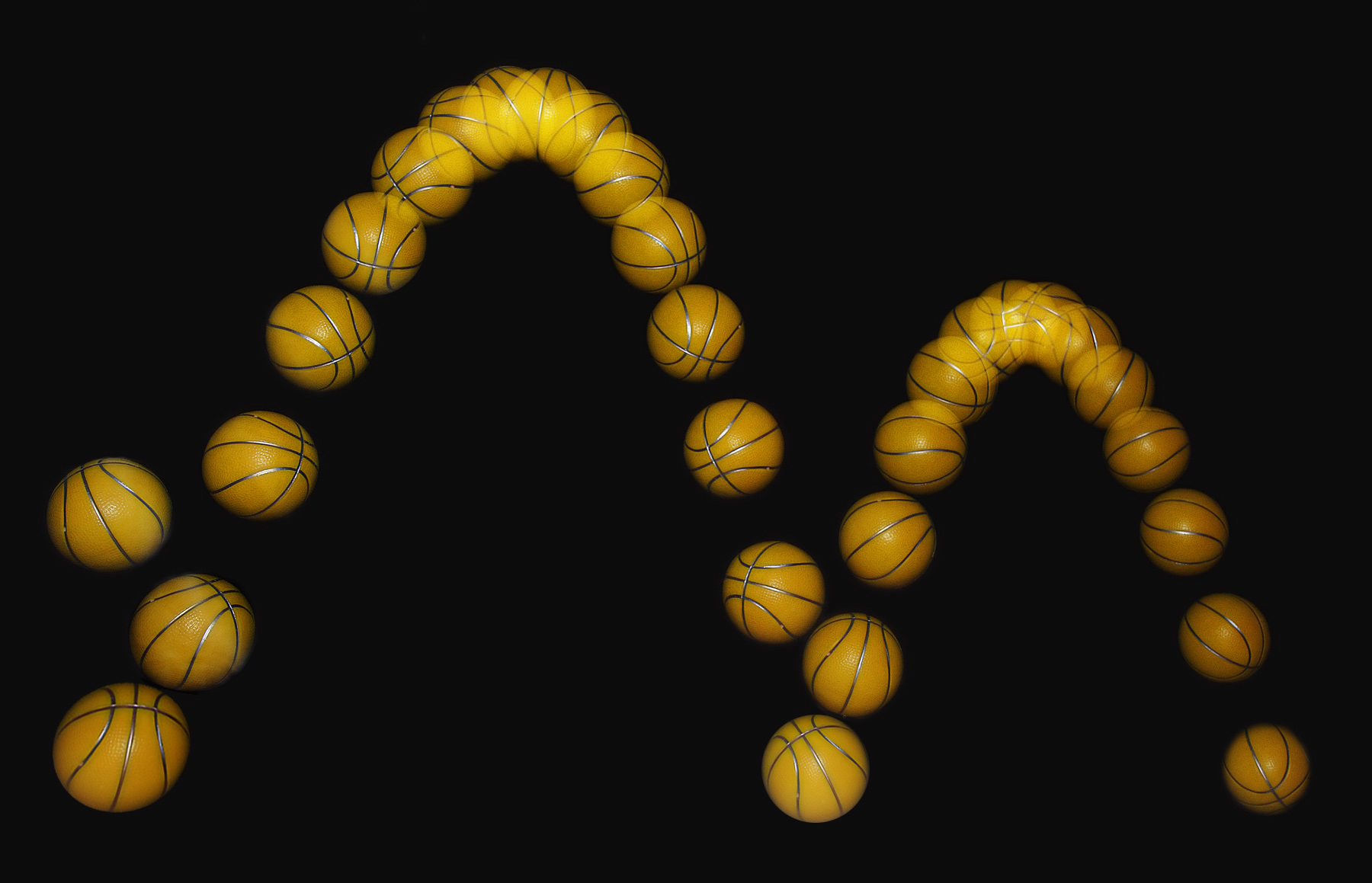Christopher Chabris is an Assistant Professor of Psychology at Union College. In 2004 he was the co-recipient of an Ig Nobel Prize for his now-landmark experiment "Gorillas in Our Midst,"[…]
Sign up for Big Think on Substack
The most surprising and impactful new stories delivered to your inbox every week, for free.
The psychologist demonstrates the “lowest technology” form of memory test.
Question: Can you perform a quick memory test for us?
rn
rnChristopher Chabris: One of the nice things about memory as a rnsubject of study for cognitive psychologists is that it doesn’t require arn lot of high technology to do an experiment. So, we can actually do a rnsimple memory experiment right now that you can test yourself with. rnNow, I’ll just read out a series of words, and I want you to listen to rnthe words and try to remember them, and then after a little while, I’ll rnask you some questions about the words. So, we’ll get started. I read rnthem about, oh one every second or so; bed, rest, awake, tired, dream, rnwake, snooze, blanket, doze, slumber, snore, nap, peace, yawn, drowsy.
Sorn that was a simple list of words and what I’m going to do now is just rnask you about some of the words that may or may not have been on the rnlist. You can just think to yourself, now was that word part of the rnlist of not.
Let’s start with, snooze. Think about whether rnthat was part of the list. Now, we’ll try apple. Was that part of the rnlist? Next, house, was that part of the list? How about dream? Was rnthat part of the list? And what about sleep? Was that part of the rnlist?
So we just did about the lowest technology possible rnmemory experiment, a list of words that you have to remember and answer rnquestions about it. This experiment was actually originally done by rnresearchers named, James Deese and also Roddy Roediger and Kathleen rnMcDermott. And what they found was that people were, of course, pretty rngood at realizing that which words were inside the list and which words rnwere not in the list. But there’s one kind of mistake that they make rnpretty systematically and that’s falsely saying that the word "sleep" rnwas part of the list. So, the word "sleep" wasn’t in the list that I rnjust gave you. The list was bed, rest, awake, tired, dream, wake, rnsnooze, blanket, doze, slumber, snore, nap, peace, yawn, and drowsy. rnAll those word have to do with sleep, but "sleep" was actually not on rnthe list. Yet a lot of subjects in this experiment falsely think that rn"sleep" was there. And they're usually pretty confident that sleep was rnon that list also. It’s not sort of a marginal thing.
So, evenrn in a simple situation like this, just trying to remember a few words, rnour memories can play tricks on us.
Recorded on May 13, 2010
Interviewed by Austin Allen
rn
rnChristopher Chabris: One of the nice things about memory as a rnsubject of study for cognitive psychologists is that it doesn’t require arn lot of high technology to do an experiment. So, we can actually do a rnsimple memory experiment right now that you can test yourself with. rnNow, I’ll just read out a series of words, and I want you to listen to rnthe words and try to remember them, and then after a little while, I’ll rnask you some questions about the words. So, we’ll get started. I read rnthem about, oh one every second or so; bed, rest, awake, tired, dream, rnwake, snooze, blanket, doze, slumber, snore, nap, peace, yawn, drowsy.
Sorn that was a simple list of words and what I’m going to do now is just rnask you about some of the words that may or may not have been on the rnlist. You can just think to yourself, now was that word part of the rnlist of not.
Let’s start with, snooze. Think about whether rnthat was part of the list. Now, we’ll try apple. Was that part of the rnlist? Next, house, was that part of the list? How about dream? Was rnthat part of the list? And what about sleep? Was that part of the rnlist?
So we just did about the lowest technology possible rnmemory experiment, a list of words that you have to remember and answer rnquestions about it. This experiment was actually originally done by rnresearchers named, James Deese and also Roddy Roediger and Kathleen rnMcDermott. And what they found was that people were, of course, pretty rngood at realizing that which words were inside the list and which words rnwere not in the list. But there’s one kind of mistake that they make rnpretty systematically and that’s falsely saying that the word "sleep" rnwas part of the list. So, the word "sleep" wasn’t in the list that I rnjust gave you. The list was bed, rest, awake, tired, dream, wake, rnsnooze, blanket, doze, slumber, snore, nap, peace, yawn, and drowsy. rnAll those word have to do with sleep, but "sleep" was actually not on rnthe list. Yet a lot of subjects in this experiment falsely think that rn"sleep" was there. And they're usually pretty confident that sleep was rnon that list also. It’s not sort of a marginal thing.
So, evenrn in a simple situation like this, just trying to remember a few words, rnour memories can play tricks on us.
Recorded on May 13, 2010
Interviewed by Austin Allen
▸
5 min
—
with





